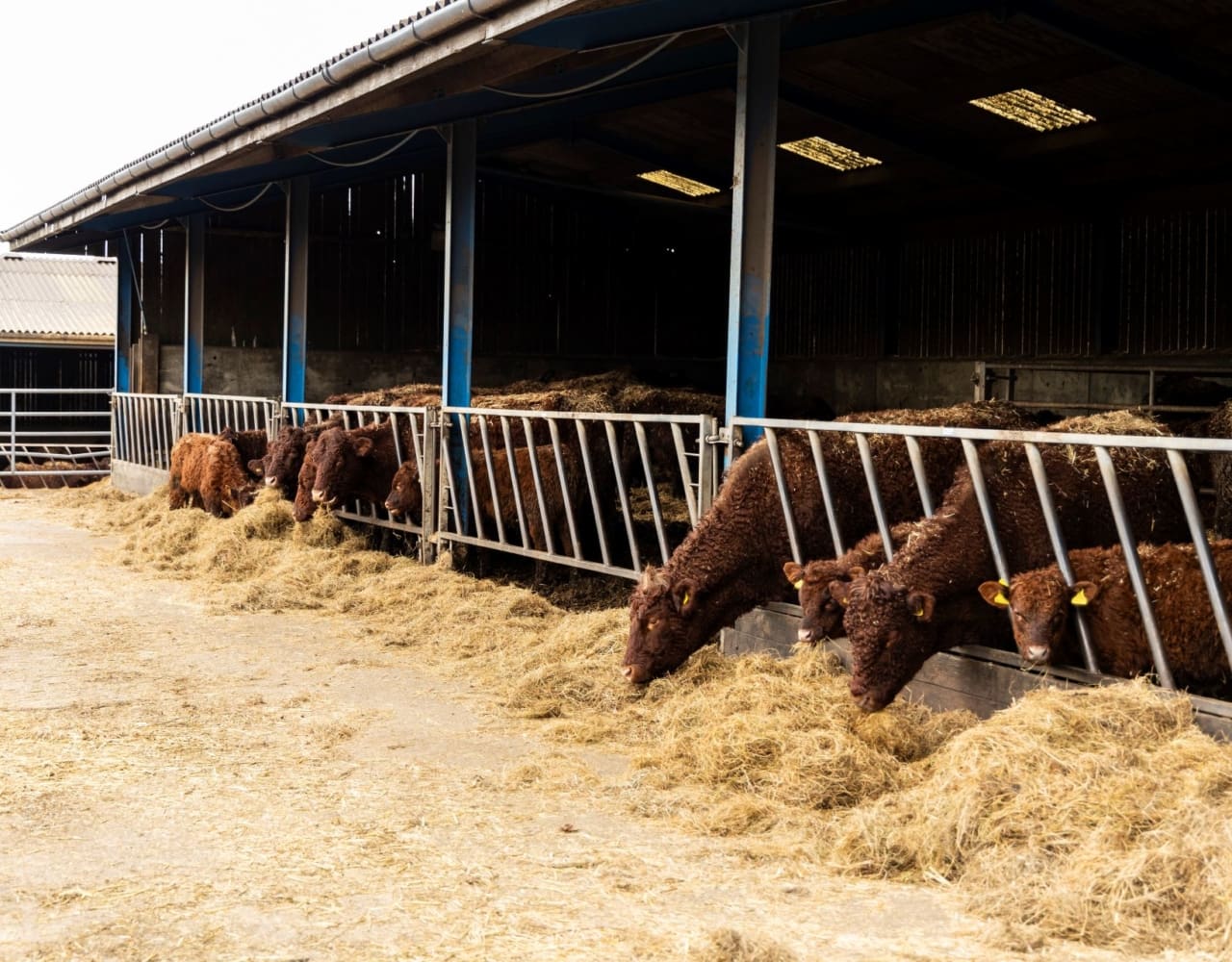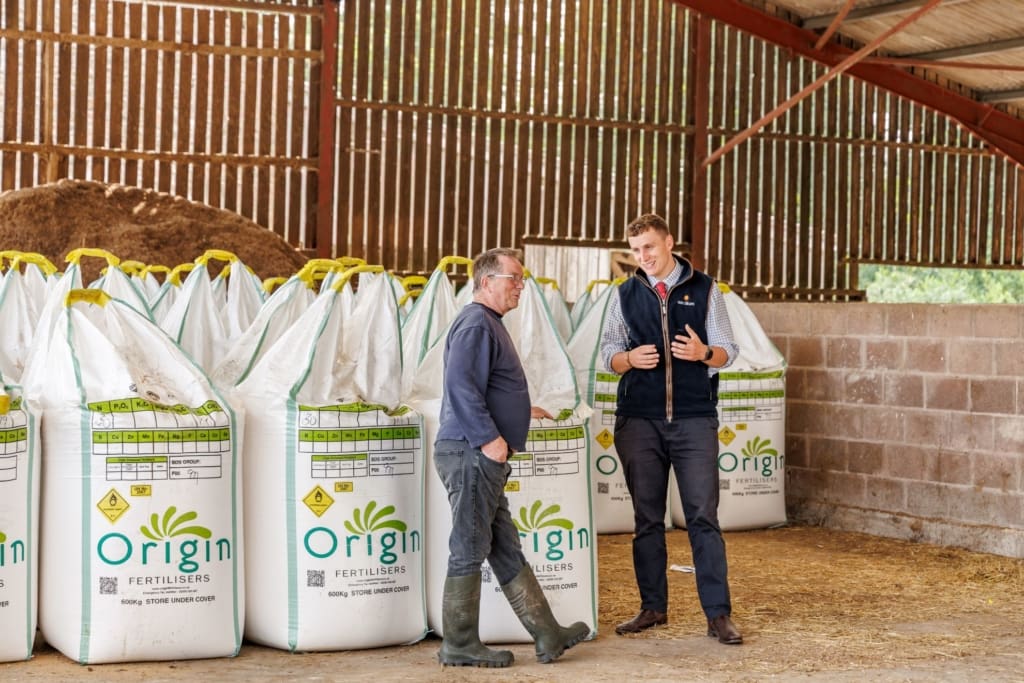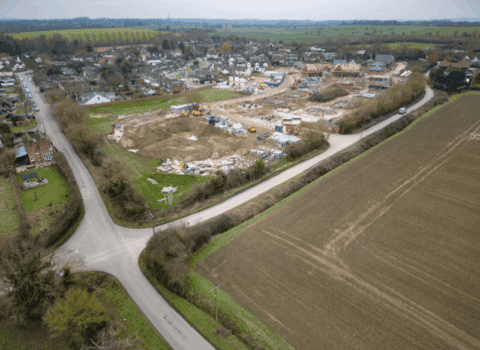Contact our offices
Main office
COLBURN
5 & 6 BAILEY COURT
COLBURN BUSINESS PARK
RICHMOND
NORTH YORKSHIRE
DL9 4QL
Estate Agency Offices are located in
BARNARD CASTLE, BOROUGHBRIDGE & RICHMOND
Residential Management Team
Our Offices
- Alnwick
01665 568310
Email Officealnwick@gscgrays.co.uk - Barnard Castle
01833 637000
Email Officebarnardcastle@gscgrays.co.uk - Boroughbridge
01423 590500
Email Officeboroughbridge@gscgrays.co.uk - Chester-Le-Street
0191 3039540
Email Officechester-le-street@gscgrays.co.uk - Colburn
01748 897630
Email Officecolburn@gscgrays.co.uk - Driffield
01377 337180
Email Officedriffield@gscgrays.co.uk - Hamsterley
01388 487000
Email Officehamsterley@gscgrays.co.uk - Hexham
01434 611565
Email Officehexham@gscgrays.co.uk - Kirkby Lonsdale
01524 880320
Email Officekirkbylonsdale@gscgrays.co.uk - Penrith
01768 597005
Email Officepenrith@gscgrays.co.uk

Boost Your Farming Profits: How Benchmarking Strengthens Financial Planning
It has never been more important for farming businesses to drive profitability and cash generation. Not for the first time, farming is faced with significant volatility in multiple areas; market prices, borrowing costs, a faster than expected reduction in direct support, and most recently, the withdrawal of other funding schemes without notice.
Notably, none of these factors are within the control of farmers or their advisers, which brings us to the idea of “controlling the controllables”- a concept I will return to shortly.
What is Benchmarking?
Put simply, in a farm business context, benchmarking is about clarity. It is the process of comparing the performance of a business or enterprise with similar operations, particularly those achieving the best levels of performance, prompting the question, “What are these businesses doing that I am not?”
Benchmarking doesn’t begin with comparison—it starts with understanding how your business is performing right now. The first step is to prepare a realistic “present system budget” for your farm. This will provide a clear picture of your current performance, outlining output for each enterprise and calculating the cost of production across the whole business. That includes both direct and overhead costs, along with the costs of funding and finance. This data becomes your baseline for comparison—or benchmarking—with others.
It may sound obvious, but honesty and realism in your figures, both in terms of both output and costs, is crucial. Without this, any comparison will lack relevance and value.
With your baseline in place, you now have meaningful data to benchmark against similar businesses. We encourage farmers to approach this process positively—benchmarking is less about exposing weaknesses and more about identifying opportunities for improvement.
Your comparisons will allow you to ask important questions such as; How does my cost of production compare with the top 25% of farming businesses in my category? Am I achieving best value from my direct inputs? Where could I target reinvestment to achieve significant savings?
Turning Your Data into Decisions
This is where benchmarking becomes transformative, driving positive change based on your analysis. This brings me back to “controlling the controllables”. While you may not be able to influence global markets or government policy, you can control what you produce, how you produce it, who you sell to, and how you optimise return from all of your assets.
The most successful businesses manage their key costs ruthlessly. Even small savings across multiple areas can add up to a significant improvement in overall profitability.
To that end, benchmarking is most effective when it is part of your regular financial management process. The most profitable businesses recognise this and they use the benchmarking data to set clear performance goals, to prepare the annual budget, and to inform day-to-day decisions. By regularly reviewing performance, benchmarking data becomes a strategic tool to identify inefficiencies and seek solutions to overcome them. It can help manage debt more effectively and build a stronger financial foundation for the future of the business.
That said, even a single benchmarking exercise can offer valuable baseline information from which to drive key decisions around investment, new enterprises and diversification, succession planning or indeed restructuring. It can make the difference between standing still and moving forward.

The Value of Independent Guidance
Benchmarking is by no means a silver bullet, but it can offer a very effective starting point for day-to-day management and strategic change. Some farming businesses may well feel they can conduct effective benchmarking independently. However, working with a trusted adviser can offer significant benefits, not least providing local or regional comparative data which might otherwise be hard to come by. Perhaps most importantly, they offer accurate and impartial interpretation of the data ensuring any conclusions lead to meaningful and positive action.
There is no doubt that our industry will continue to face volatility and regular change. As such it’s more important than ever for farming businesses to understand what drives their business performance and to identify ways to reduce costs and improve efficiency to achieve sustainable profitability that is less reliant on direct support or government intervention.










